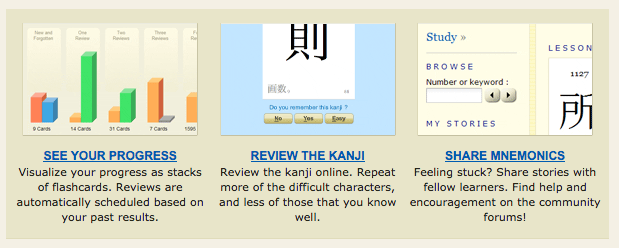Linda Lapere asked: “When are you more likely to show a fixed mindset? What are your beliefs regarding ability? What messages did your practice on your last placement communicate? What changes, if any, will need to be made for the next one?”
When are you more likely to show a fixed mindset?
When I become too concerned with being right rather than finding the optimal solution, I tend towards a fixed mindset. Not long after moving to Sydney, I can clearly remember a heated discussion I had with a friend about the best route from our hostel to the harbour. Did I assume Bry had not looked at a map or was he just stupid? It was obvious my route would be fastest.
He suggested we make our own way there and we could meet up when I arrived. What was he talking about? I was going to get there first. But just to be sure, I decided to double check my route. In retrospect, I had no idea where my original idea came from, but it was instantly apparent that I was 100% wrong! But I’d felt so right. I was in full fixed mindset mode taking criticism of my route as criticism of my character.
This happened twenty years ago and since then I have worked hard to become more open minded, more open to hearing and acting upon feedback, and less wedded to being right.
Relating this to my practice, I am now questioning everything I think I know about Teaching and Learning. Of particular interest is discovering beliefs I hold that are seemingly self evident, giving me the opportunity to re-examine my premises.
What are your beliefs regarding ability?
I am excited by the concept of growth mindset. It reminds me of joining an online community of Japanese learners at http://kanji.koohii.com/. Throughout high school I had no interest in foreign languages. Indeed, I was not a language person. But living in Japan, I had a desire, a need, and was highly motivated to learn Japanese.

Through discovering and participating in this online community of practice, I not only learned the meaning of, and how to write over 2000 Japanese Kanji characters, but also started to learn much more about how to learn and the joy of learning. Of the many growth mindset lessons I was learning, realising that effort and attitude would determine my ability, is particularly pertinent. Not being a language person was a choice I had unconsciously made at high school. But this was something I could choose to change.「me kara uroko ga ochita」(The scales fell from my eyes).
I had proved to myself that my ability to learn languages was not fixed. If that was true for me in my 30s, could it be even easier for younger, more inquisitive minds?
Improving one’s ability, for me ideally comes down to intrinsic motivation (enjoying the process); opportunities to practice; peers with which to discuss, feedback and reflect upon learning; welcoming mistakes and forgetting as part of the process; as well as developing meta-cognative strategies to improve learning. As a practitioner I hope to be able to nurture young learners, helping them explore particular areas of interest and equip them with strategies to maximise their learning potential.
What messages did your practice on your last placement communicate? What changes, if any, will need to be made for the next one?
Despite what I have just said in the paragraph above, I did not use data gathered through informal Formative Assessment to influence Teaching and Learning even though there were some exciting possibilities. However, it is only upon reflection after completion of my first placement that I realised some of the missed opportunities.
For instance, some pupils were very interested in what I would bring for lunch. And in the second week was getting questions like: “Do you eat meat?” “Why do you eat so much fruit?” “Are you vegetarian?”
I understand that people at different life stages have differing nutritional needs and that some people may eat or avoid certain foods. HWB 2-32a [1]
I was wary of delivering diet related lessons because I do have strong personal preferences. However, being aware of my own biases means I should be able to account for them. The main point is that pupils were expressing an interest, and other than discussions during lunch break, I did not let their interest inform our Teaching and Learning.
Another possible missed opportunity was avoiding sharing any Japanese language during a planned learning episode. Again, at break times pupils were asking me how to say a variety of phrases in Japanese. Indeed, one pupil could actually speak some himself. But I was under the false belief that only certain permitted languages could be taught in Scottish classrooms.
Now that I recognise the value of informal Formative Assessment, in other words, talking with and getting to know pupils, I hope to be able to use the information I gather to inform future Teaching and Learning.
[1] Curriculum for Excellence, Health and Wellbeing: Experiences and Outcomes https://www.education.gov.scot/Documents/health-and-wellbeing-eo.pdf (Accessed: 19th January 2017)

